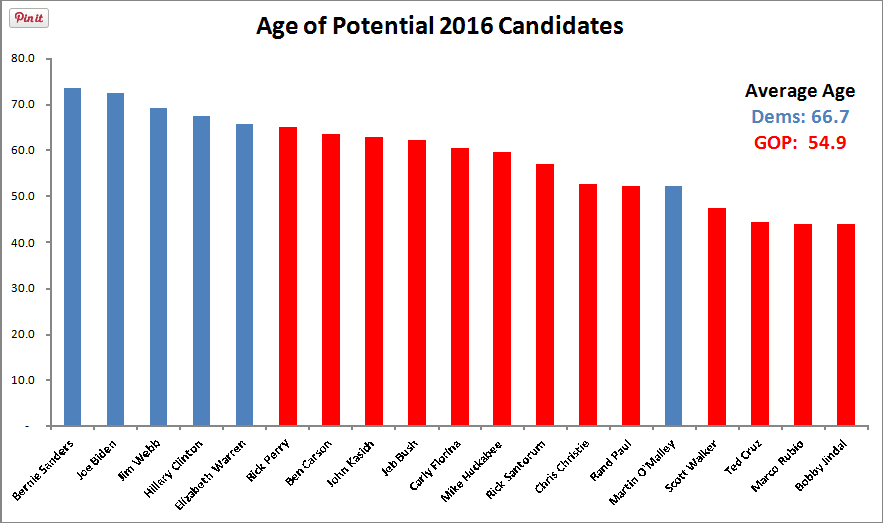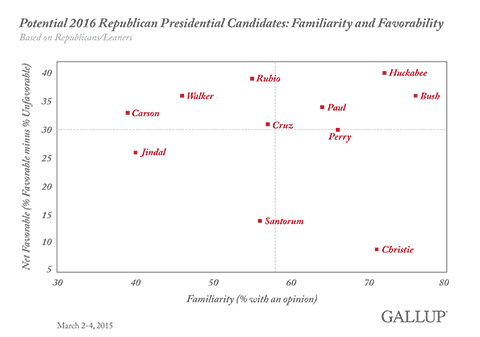It is not just
Hillary Clinton.
At The Daily Beast, Lloyd Green reminds us of
Scott Walker's email problem and other gum on his shoe:
Before Walker was elected governor, when he was Milwaukee County Executive, Walker’s staff kept a secret email system and set up a secret wireless router in Walker’s government office that commingled government and campaign business on private Gmail and Yahoo email accounts.
On top of that, county employees were doing campaign work on government time and, by extension, on the taxpayers’ dime—in violation of state law. As the story goes, one of Walker’s aides, Darlene Wink, copped to a misdemeanor guilty plea, and got off with probation for doing campaign work during office hours. Kelly Rindfleisch, Walker’s deputy chief of staff when he was county executive, pleaded guilty to a single felony count for spending “significant time” working as a fund-raiser on government time for Brett Davis, Walker’s running mate.
But it didn’t end there. Brian Pierick, one of the secret website’s webmasters, was convicted of enticing a minor. Another Walker webmaster, Timothy Russell, was sentenced to two years in prison and five years’ probation for stealing from a veterans group, using the money for trips to Hawaii and the Caribbean, and for meeting with Herman Cain’s presidential campaign on the veterans’ tab.
Walker will face questions about these things. Will he be ready to answer? J
onah Goldberg casts doubt:
It’s a bigger problem than it might seem. Walker planned on defining himself to the country on his timetable. With that plan in ashes, he’s facing a liberal news corps and a Republican field of competitors hell-bent on defining Walker if he won’t. From the media, that means lots of questions about President Obama’s religion, Walker’s views on evolution and other ridiculous gaffe hunts.
Walker has been “punting” — his word — on such questions, but also on more serious topics. That is a fine tactic when few are paying attention. Other candidates have been punting on various issues too, but no one knows or cares because they aren’t the front-runner. When you’re in the spotlight, punting stops being a way to avoid giving an answer and instead it becomes the answer.
Walker is in danger of being the guy known for not having a good — or any — answer to tough questions. That’s particularly poisonous for him, given that he is running on leadership and truth-telling.
Governor, welcome to the NFL.

